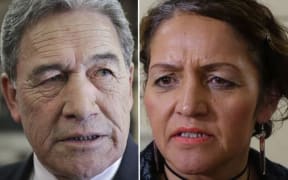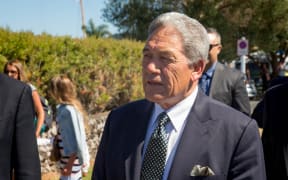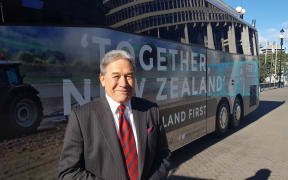Māori electorates have failed to deliver what Māori really need and should be abolished, New Zealand First leader Winston Peters says.
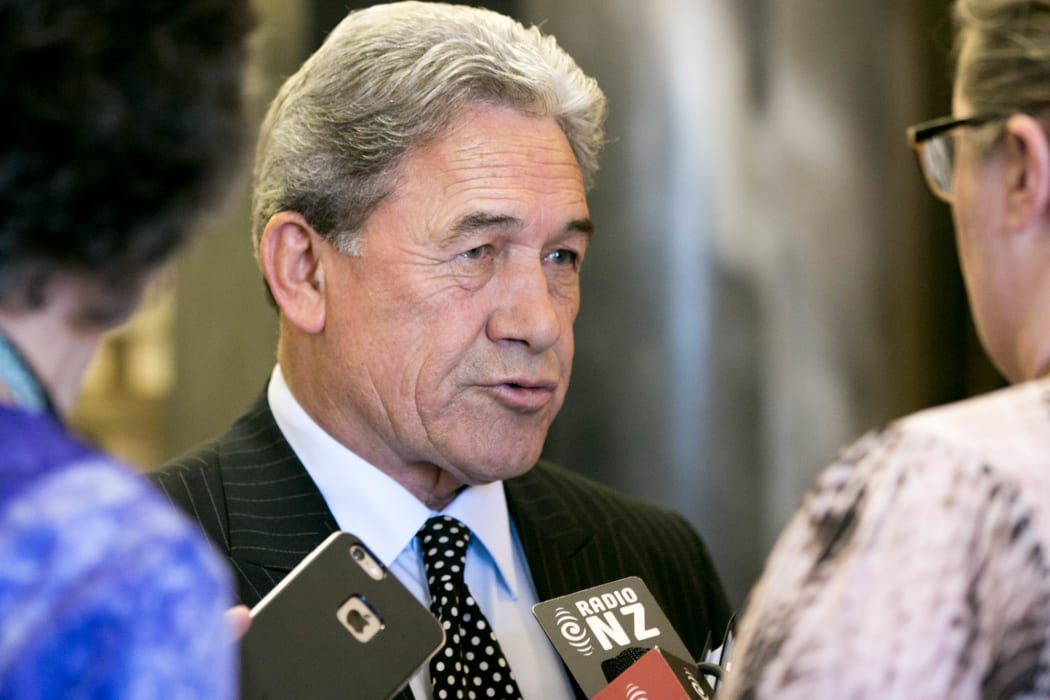
Winston Peters says Māori are already voting with their feet. Photo: VNP / Daniela Maoate-Cox
At his party's annual convention in Auckland, Mr Peters said he pledged a mid-term binding referendum on whether to abolish the seven seats, if the party was part of the next government. Voters would also decide whether to reduce the number of MPs in Parliament to 100.
Māori Party co-leader Marama Fox said the seats could go only when disparity was removed for Māori in this country.
Mr Peters told Morning Report Māori were already voting with their feet.
"The vast majority of Māori, entitled to be on the Māori roll, are on the general roll."
Māori wanted decent and affordable housing and healthcare system, an accessible education system and first world wages, he said.
"Those four things have been totally detoured in the Waitangi industry and what you might call this new breed of Māori politics where the mass of Māori interests are forgotten."
The Māori seats hadn't focused on what was needed and the politicians had taken their eyes off the prize, which was equality of opportunity, he said.
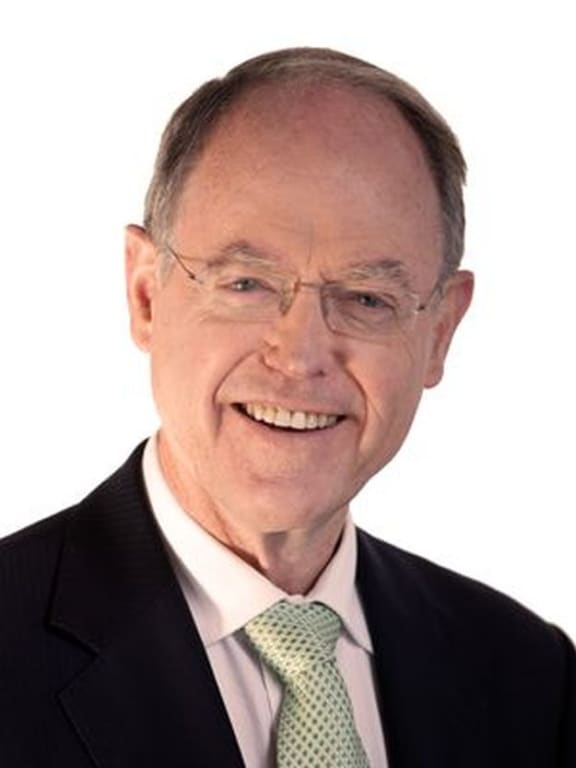
Don Brash Photo: Supplied
"When you're obsessed with a small minority group's interests - which a certain elite group in Māoridom have been obsessed with in recent times - then the mass majority of Māori interests are just forgotten."
Deputy Prime Minister Paula Bennett is said she was not sure it was the right time to dispense with Māori seats.
"We'll make our position known in the next few weeks," she said.
"We've always said there'll be a time when one hopes we don't have to have the separate Māori seats.
"You know I'm a Māori woman who's stood in a general seat and won that.
"So I think there'll be a time when we don't need specialist Maori seats - and I'm not sure if that's yet."
Don Brash, spokesperson for the Hobson's Pledge Trust, which wants a referendum on the seats, said there were many Māori MPs in Parliament so the electorates were not needed.
He told Morning Report Māori seats had done nothing to help reduce inequity.
Māori Party co-leader Marama Fox said it was the racist policies of governments of the day which had failed to help Māori.
Many significant Māori leaders had emerged through the Māori seats, she said.
"I believe that we have added value to this nation's politics by sitting at the table and bringing a strong, independent Māori voice, a voice of change, a voice for the future, a voice of unification by accepting and respecting our differences.
"In the last nine years since the Māori Party have been at the table we've had billions of dollars of funding go to Māori projects where they're making a real difference because we understand and know how to make changes."
New Zealand First's new candidate, former Labour MP Shane Jones, has said recently he thought the seats should continue to exist "as long as people of Māori extraction remain on them and want them to continue".
Mr Peters said he had not discussed the issue with Mr Jones.
"This is New Zealand First policy, and there you have it."
Green Party co-leader Metiria Turei told Morning Report the seats should stay.
Mrs Turei said representation for Māori had improved under MMP, but across the board circumstances had not improved for Māori.
Anti-smacking legislation
Mr Peters estimates a referendum on Māori seats and the number of MPs would cost around $27 million.
The party also wants referenda on legalising marijuana, legalising euthanasia and repealing the anti-smacking law.
Mr Peters told Morning Report the anti-smacking law was a sham because violence towards children has escalated since the legislation passed.
The Māori seats
- Four electorates were established in 1867 to give Māori a direct say in Parliament.
- In 1975 the government introduced legislation allowing voters of Māori descent to choose whether they enrolled in general or Māori seats. Until 1975, Māori voters were only allowed on the Māori roll.
- When New Zealand introduced MMP in 1993, the law was changed to vary the number of Māori electorates according to the size of the Māori electoral population. This change has meant if more Māori enrol on the Māori roll, it can result in more Māori electorates.
- Since 1993, the number of Māori electorates has grown from four to seven.
- As at the 2014 general election, Labour holds six of the seats and the Māori Party one.
- Source: Electoral Commission
